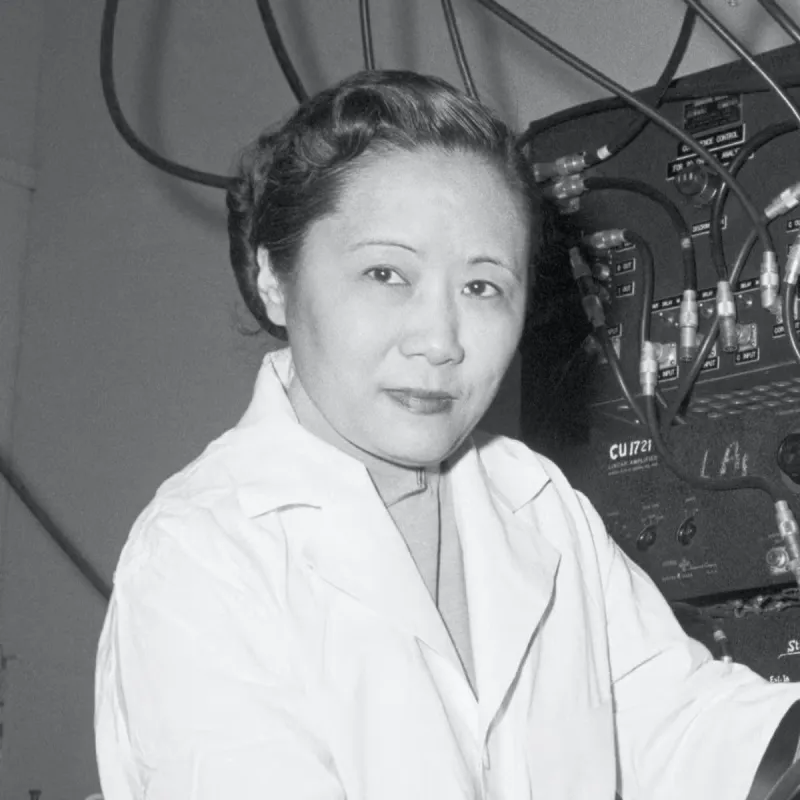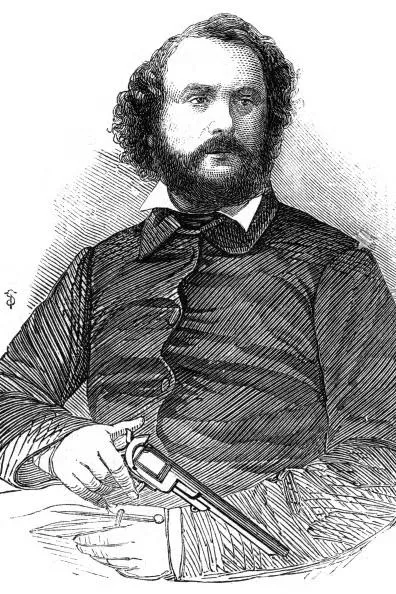Short Summary
Chien-Shiung Wu was a pioneering Chinese-American experimental physicist best known for her groundbreaking work on the Manhattan Project and for disproving the conservation of parity in weak nuclear interactions — a discovery that revolutionized particle physics.
Early Life & Education
Chien-Shiung Wu was born on May 31, 1912, in Liuhe, Jiangsu, China. Encouraged by her progressive parents, she pursued science from a young age. She earned her degree in physics from National Central University in China and later pursued a Ph.D. at the University of California, Berkeley.
Career Highlights
- Joined the Manhattan Project during World War II, contributing to the development of uranium enrichment techniques.
- In 1956, conducted the famous Wu Experiment, which confirmed the violation of parity conservation — a fundamental shift in quantum physics.
- Held a long academic tenure at Columbia University, becoming a respected figure in experimental nuclear physics.
- Published influential research on beta decay, nuclear structure, and weak interactions.
Major Achievements
- First woman to serve as president of the American Physical Society (1975).
- Recipient of the National Medal of Science (1975).
- Awarded the Wolf Prize in Physics (1978) for her contributions to the field.
- Often referred to as the “First Lady of Physics”.
Famous Quotes
“It is shameful that there are so few women in science… This is the fault of men.”
“I was never discouraged because I loved science and I loved physics.”
Interesting Facts
- Although she performed the experiment that won her colleagues Tsung-Dao Lee and Chen-Ning Yang the Nobel Prize, she was controversially excluded from the award.
- She was a strong advocate for women in STEM and spoke out against gender bias.
- Chien-Shiung Wu’s work laid the foundation for the modern understanding of the weak force in particle physics.
- After her death, her ashes were buried in the courtyard of her elementary school in China, honoring her legacy in science and education.
Legacy / Influence
Chien-Shiung Wu broke barriers in both physics and gender equality, becoming a role model for generations of scientists. Her contributions to nuclear and particle physics were monumental, and she remains a symbol of brilliance, perseverance, and integrity in science.
FAQ
Q: What is Chien-Shiung Wu best known for?A: The Wu Experiment, which disproved parity conservation in weak nuclear forces.
Q: Did she win a Nobel Prize?
A: No, but her experimental work contributed directly to a Nobel Prize awarded to others.
Q: Was she involved in the Manhattan Project?
A: Yes, she worked on radiation detection and uranium enrichment.
Q: What nickname is she known by?
A: “The First Lady of Physics.”
Q: What fields did she specialize in?
A: Nuclear physics and particle physics.













